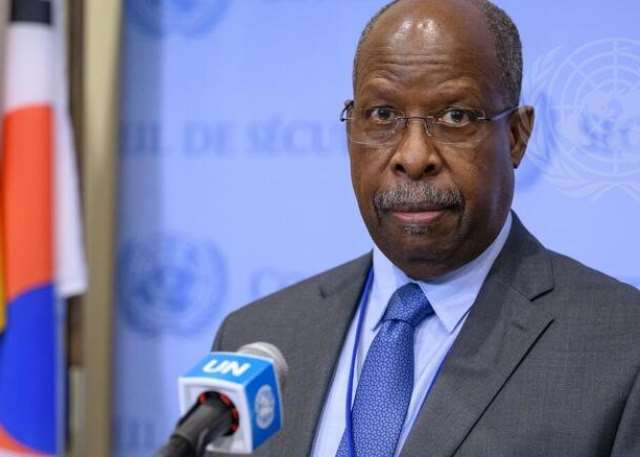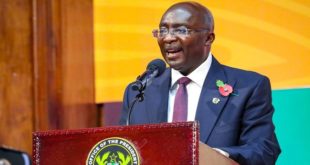
The Special Representative of the Secretary-General and Head of the United Nations Office for West Africa and the Sahel (UNOWAS), Leonardo Santos Simão, has praised Ghana’s Parliament for adopting the Affirmative Action Bill.
“The adoption of the Affirmative Action Bill is a major achievement. It demonstrates Ghana’s commitment to achieving gender equality in both the public and private sectors in the exercise of power and decision-making, which will contribute to consolidating social justice and development in the country,” stated Mr. Simão in a release from UNOWAS.
Mr. Simão urged all stakeholders to persist in efforts towards the implementation of the Bill to enhance inclusive democracy in Ghana.
On Tuesday, Parliament passed the Affirmative Action Gender Equity Bill 2024, aiming to tackle the social, cultural, economic, and political gender disparities rooted in historical discrimination against women and entrenched patriarchal norms.
The Bill’s objectives include promoting gender equity in both the public and private sectors. Ghana first enacted the Affirmative Action Act in 1960, which permitted ten women to represent the country’s regions in the legislature. This law recognized women’s political participation as essential for democratic dialogue and social cohesion.
Currently, women’s representation in Ghana’s Parliament is at 14.5 per cent, far below the United Nations (UN) threshold of 30 per cent. Their representation in the District Assembly System is even lower, at less than five per cent. The scenario is similar concerning ministerial, ambassadorial, and board appointments by the government.
Despite Ghana’s commitment to various international protocols and conventions pledging 30 to 40 per cent representation of women, actual figures remain significantly low, hindering women’s effective contributions to the nation’s development due to their continued underrepresentation in key decision-making spaces.
 GhArticles.com Every News in Detail
GhArticles.com Every News in Detail



